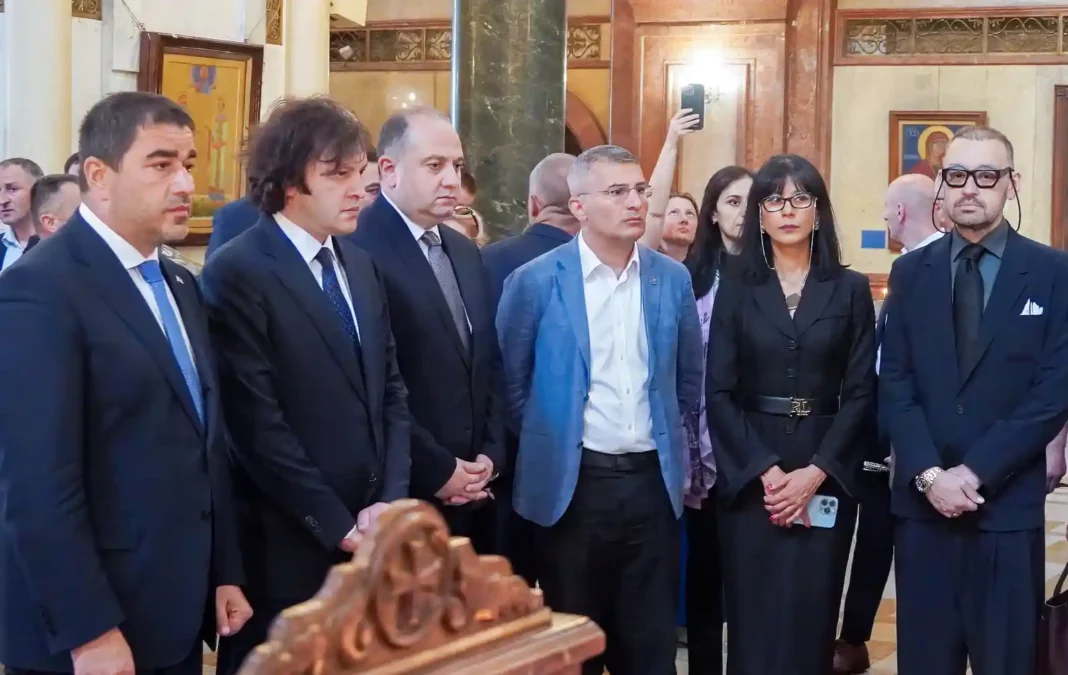Georgia: Minister of State Tea Akhvlediani, Prime Minister Irakli Kobakhidze, Speaker of the Parliament Shalva Papuashvili, Cabinet of Ministers, and Members of Parliament attended the civil funeral of those missing during the 1990s armed activities.
This time, with the cooperation of the Minister of State and the International Committee of the Red Cross, within the framework of the coordination mechanism consisting of Georgian and Abkhazian participants, it was possible to relocate 16 identified persons missing without a trace and return them to their families. Seven of them are military, and nine are civilians.
The Minister of State Tea Akhvlediani said, “As a result of the armed actions of the 90s and the August 2008 war, the state program of searching for the missing and supporting their families is intensely continuing in Georgia, through the joint efforts of all participants of the humanitarian coordination mechanism and the support of the International Committee of the Red Cross, this time, it has been possible from the Abkhazia region Relocation of 16 people and return to their families. My heartfelt condolences go out to the families and strength to all those who are experiencing the pain of a family member being lost today while fighting for the unity of our country.”
“The Georgian government, especially in these difficult days, continues to support and support the families, as well as to make the best efforts to find more missing persons and to establish peace in our country further,” said the Minister.
Civil funeral of those who died during armed operations was held in Trinity Cathedral for two days. Four fighters were buried at the graveyard of the Dighomi brothers, and the rest, by the decision of their families, at different locations, including at family cemeteries with military honors.
Within the framework of the armed operations of the 1990s and the mechanisms of searching for the missing persons in the August 2008 war, the first identification and relocation was carried out in 2013. So far, 621 human nests have been found within the framework of the mechanisms, of which 316 have been identified. Up to 2000 people are still considered lost without a way.



